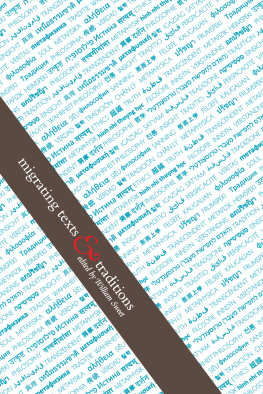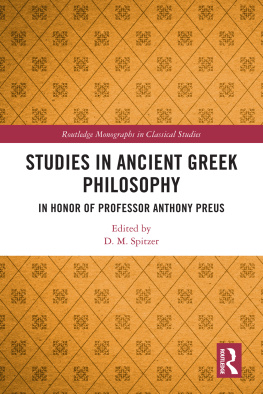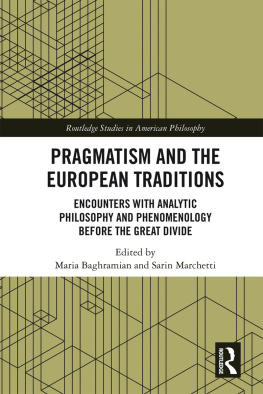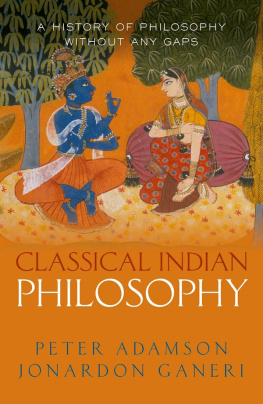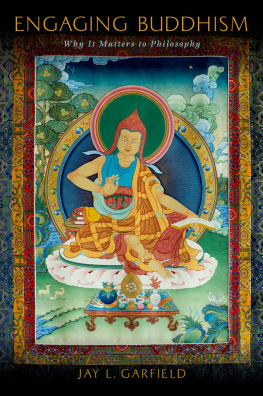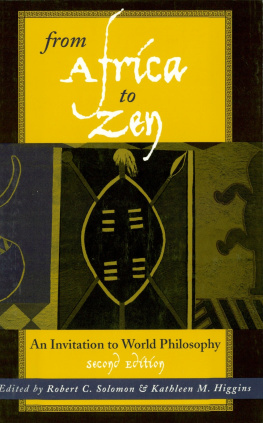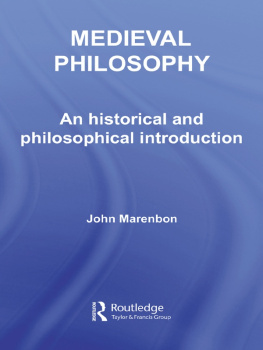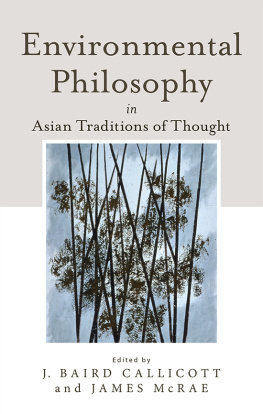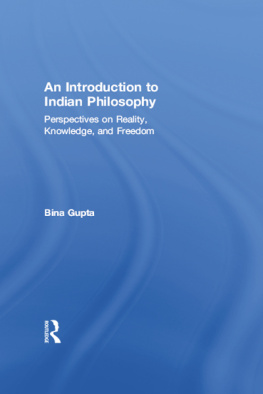Migrating Texts & Traditions
Migrating Texts & Traditions
Edited by William Sweet
Ottawa University of Ottawa Press 2012
University of Ottawa Press
542 King Edward Avenue
Ottawa, ON K1N 6N5
www.press.uottawa.ca

The University of Ottawa Press acknowledges with gratitude the support extended to its publishing list by Heritage Canada through the Canada Book Fund, by the Canada Council for the Arts, by the Federation for the Humanities and Social Sciences through the Awards to Scholarly Publications Program, by the Social Sciences and Humanities Research Council, and by the University of Ottawa.
We also gratefully acknowledge the Fr. Gatto Chair of Christian Studies at St. Francis Xavier University whose financial support has contributed to the publication of this book.
eBook development: WildElement.ca
University of Ottawa Press 2012
On Being Enabled to Say What Is Truly Real Peter J. McCormick
LIBRARY AND ARCHIVES CANADA CATALOGUING IN PUBLICATION
Migrating texts & traditions [electronic resource] / edited by William Sweet.
Includes bibliographical references and indexes.
Electronic monograph issued in various formats.
Issued also in print format.
ISBN 978-0-7766-2031-2 (PDF).--ISBN 978-0-7766-2032-9 (HTML
1. Philosophy and civilization. 2. PhilosophyCross-cultural studies.
3. Intercultural communicationHistory. I. Sweet, William, 1955-
II. Title: Migrating texts and traditions.
B59.M54 2012----100----C2012-906133-6
Table of Contents
WILLIAM SWEET
VINCENT SHEN
GYONGYI HEGEDUS
LESLIE ARMOUR
WILLIAM SWEET
PIETER DUVENAGE
CHINATSU KOBAYASHI
CRISTAL HUANG
JONARDON GANERI
LINDA E. PATRIK
SHEILA MASON
FRANK J. HOFFMAN
PETER J. MCCORMICK
DAVID LEA
DENYS P. LEIGHTON
BRUCE B. JANZ
KUAN-MIN HUANG
ELIOT DEUTSCH
WILLIAM SWEET
Preface
Philosophy is a part of culture, and there is little dispute that culture influences philosophy. Yet philosophical texts and traditions have been introduced into cultures and philosophical traditions very different from those of their origin and, in a world in which the recognition of diversity often competes with calls for unity, it is important to ask how such an introduction is possible. The claim of the migration of texts or traditions from one culture to another is, of course, not a uniquely philosophical one; we have comparative literature, cross-cultural or comparative religions, and intercultural or global ethics, in which it seems that we are dealing with the same or a similar phenomenon. Engaging philosophies outside of ones own, the project of an intercultural or comparative philosophy, and even communication among philosophical traditions, all seem to depend on the possibility of such a migration. The importance of understanding this phenomenon gave rise to the project on which this volume is based.
I would like to record my thanks to a number of individuals who helped in the discussion and the initial articulation of this project. To Richard Feist, who served on the organizing committee of the conference from which this volume took its inspiration and who served as a session chair and commentator; to Irene Switankowsky, David Savard, and Iain McKenna, who also served as session chairs and commentators; to the participants and audience at York University, Canada, where several of these papers were initially presented; and to scholars in Seoul (Korea), Taipei (Taiwan), Cape Coast (Ghana), and New Delhi (India), where a number of the issues in this volume were also discussed.
I am also indebted to the Social Sciences and Humanities Research Council of Canada, whose financial support for the project, Migrating Texts and Traditions in Philosophy / Textes et traditions philosophiques : Parcours migratoires, made this volume possible. I am grateful, as well, to the Fr Edo Gatto Chair of Christian Studies, St Francis Xavier University, which provided funding to support initial copyediting of the text.
I would also like to thank Joanne Muzak for the attentive and careful copyediting, and Eric Nelson and Marie Clausn of the University of Ottawa Press, for their support in bringing this volume to fruition.
William Sweet
William Sweet
1. Introduction
It is undeniable that philosophical texts and traditions from one culture are, and have been, found in very different cultures and intellectual milieus. Consider the presence of Buddhist philosophy in China, Korea and Japanand more recently in North America and Europe. From its birthplace in India, Buddhism spread and developed throughout Asia (as Tibetan but also as East Asian, including Pure Land and Chan/Zen, in Japan and China, and as Seon in Korea), and also in North Americafor example, Shambhala. Many philosophies originating in the West seem similarly to have travelled east and south; they have been introduced, and it would seem have been integrated and appropriated, into non-Western intellectual cultures and traditions. As examples here we can think of the introduction of schools of British philosophy (e.g., empiricism, utilitarianism, but also idealism) into Southern Africa and India in the 19 th and 20 th centuries, and of hermeneutics and postmodern thought into contemporary East Asia. (One notes the use and the translation of texts by Hans-Georg Gadamer, Jacques Derrida, Gilles Deleuze, Michel Foucault and many others into various Asian languages, particularly Chinese.) We find, as well, philosophies and philosophical texts from one part of the West being introduced into another part of the West. Here, we might think of works of American political philosophy, such as that of John Rawls, being introduced into France and translated into Frenchor, conversely, texts of French philosophy, such as those of Derrida, being found in the Anglo-American world, and translated into English.
The preceding examples are only a few of the instances of the spread of philosophical texts and traditions. But some would add that often what we have is not simply their presence in new environments, but a migration.
By migration here we mean that the text or tradition has come to, has taken root in and developed, and perhaps sometimes has even flourished in an environment that is far from its origin, and yet there is also a continuity and consistencyand (with texts) a univocitywith that origin. And the preceding examples seem to illustrate a thesis that many take for granted when they read and teach not just the modern and contemporary, but even the classical or mediaeval philosophers today: that philosophical texts and traditions are not restricted to their cultures of origin, and that mostif not allphilosophical texts can, in principle, migrate.
Some may be curious how, in a world marked by so many different cultures, histories and world views, such a migration occurs. And so they may want to explore what is presupposed or supposed about cultural traditions, or human nature, or the possibility and nature of knowledge and truth across cultures. Others, however, go farther; for them, this thesis is far from unproblematic and uncontroversial. They do not deny that there has been some kind of encounter of the texts, ideas, and traditions of one culture by others, but they challenge how far or how deep it goes, and they suggest that the migration and appropriation are more apparent than real.

